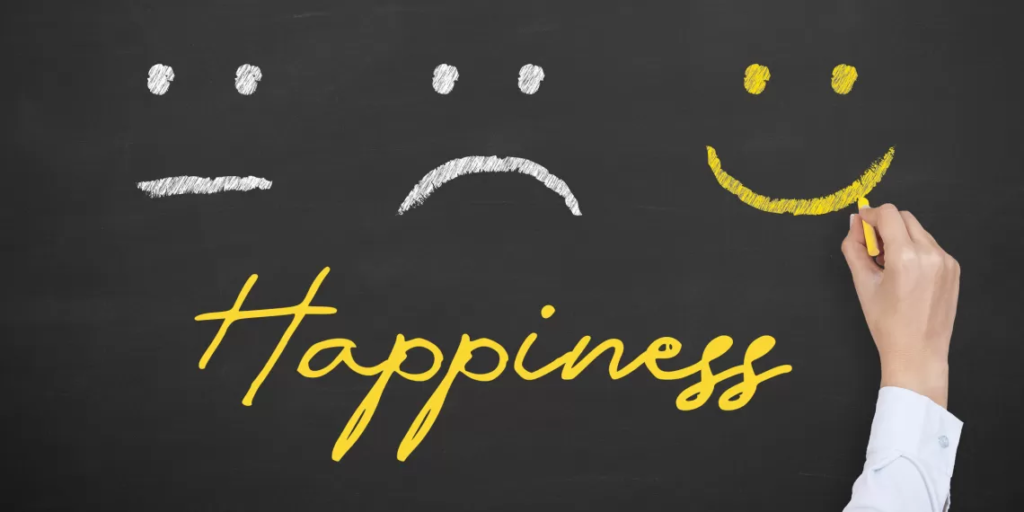
The festive season brings joy, cheer, and… confusion.
Should you say “Happy Holidays” or “Happy Holiday”?
Is there a “right” one to use?
In a world where words carry warmth and meaning, getting the greeting right matters more than you think. Let’s dive into the grammar, etiquette, and subtle art of festive wishes.
Table of Contents
- The Core Difference: Holidays vs. Holiday
- When to Say “Happy Holidays”
- When to Say “Happy Holiday”
- Cultural and Social Etiquette
- Modern Trends: How Greetings Are Evolving
- Final Thoughts: Choosing the Right Greeting
The Core Difference: Holidays vs. Holiday
At first glance, the two phrases seem identical except for an “s”.
But in English, one letter can shift an entire meaning.
- Happy Holidays refers to multiple festive days. It covers the entire festive season — Christmas, Hanukkah, New Year’s, and more.
- Happy Holiday refers to one specific day — like Christmas Day, New Year’s Day, or any single day off.
In short, “holidays” is a season. “Holiday” is a single celebration.
When to Say “Happy Holidays”
Use Happy Holidays when you want to acknowledge that there are multiple celebrations happening or coming up.
It is inclusive, thoughtful, and suits both personal and professional settings.
Best moments to use “Happy Holidays”:
- Sending corporate emails or client greetings
- Addressing a multicultural group
- When you are unsure which specific holiday someone celebrates
- When wishing someone joy for the entire festive season (December through January)
Example:
“Thank you for a wonderful year! Wishing you and your family Happy Holidays and a joyful New Year.”
When to Say “Happy Holiday”
Happy Holiday fits situations where only one day is being recognized or emphasized.
Best moments to use “Happy Holiday”:
- When referring to a single event like Christmas Day or Thanksgiving
- In a personal note or card specifically about one holiday
- When talking about a personal trip or a vacation (especially in British English)
Example:
“I hope you have a relaxing and beautiful Christmas. Happy Holiday!”
In British English, “holiday” often means “vacation,” so you might hear “Enjoy your holiday!” even when it’s not connected to a festival.
Cultural and Social Etiquette
In today’s diverse world, greetings are more than words — they are reflections of respect and awareness.
- Happy Holidays is generally seen as more inclusive. It acknowledges Christmas, Hanukkah, Kwanzaa, New Year’s, and even winter vacations without assuming someone’s traditions.
- Merry Christmas is warm but specific. Use it when you know the person celebrates Christmas.
- Happy Holiday can seem incomplete if the recipient is expecting a broader seasonal greeting.
If you are ever unsure, Happy Holidays is the safest and most gracious choice.
Modern Trends: How Greetings Are Evolving
Language evolves with society, and festive greetings are no different.
Today’s trends favor inclusivity, personalization, and a touch of creativity.
- Companies now prefer Happy Holidays in official communication.
- Friends and family still cherish specific greetings like Merry Christmas or Happy Hanukkah when appropriate.
- Personalized greetings (“Wishing you a cozy Christmas and a sparkling New Year!”) are becoming popular to make connections feel more genuine.
The heart of it all? Making the other person feel seen, valued, and respected.
Final Thoughts: Choosing the Right Greeting
When you choose between Happy Holidays and Happy Holiday, think about the moment and the person you are addressing.
Ask yourself:
- Are they celebrating more than one festival?
- Is it a professional or casual situation?
- Would a personalized note bring more joy?
In the end, the warmth behind your words matters most.
Whether you say Happy Holiday or Happy Holidays, it is the sincerity that will truly make someone’s season brighter.

